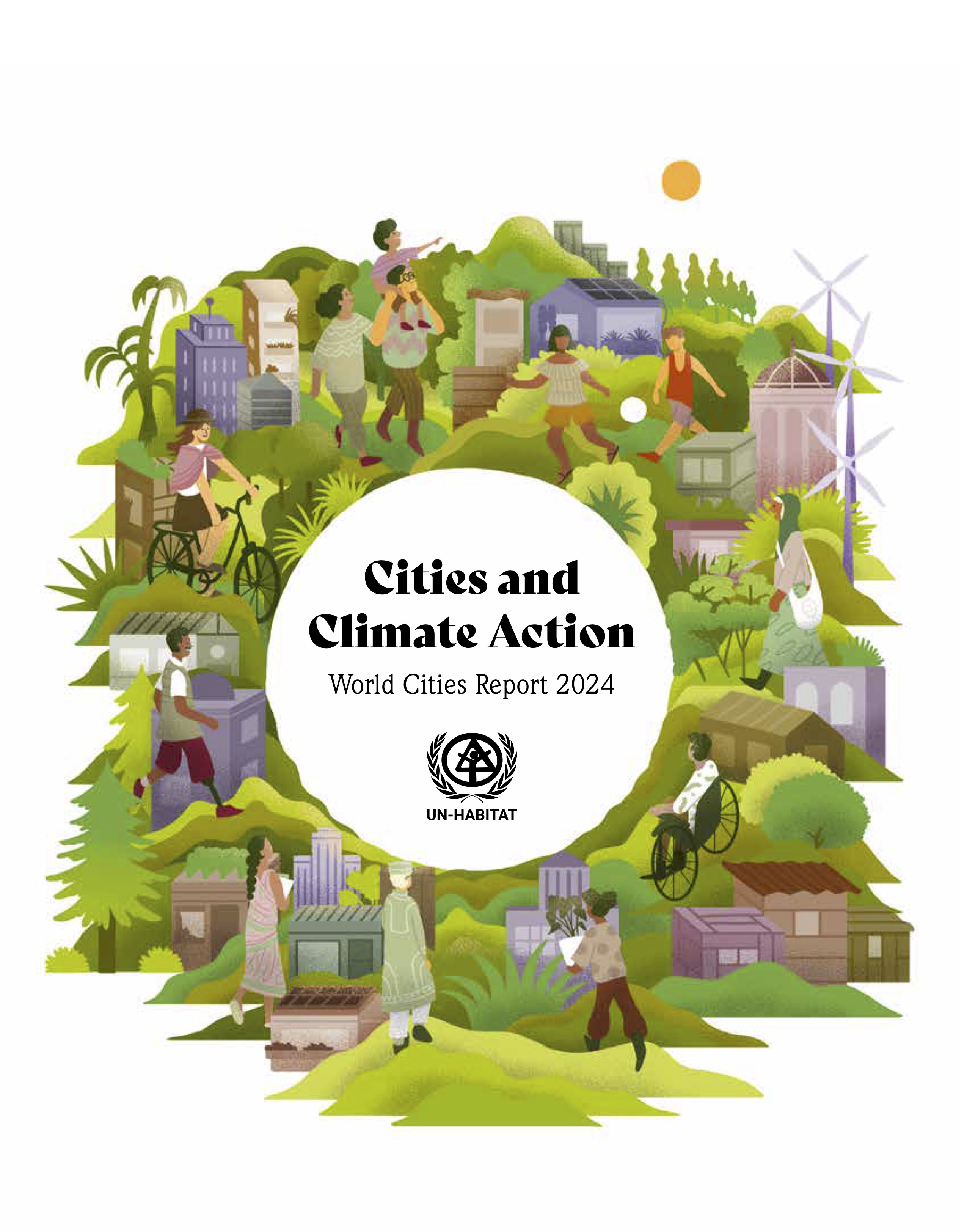Cities are simultaneously victims of climate change and contributors to the problem. They are disproportionately exposed to the impacts of climate change, such as flooding, heatwaves, and storms, as millions of people and trillions in assets are concentrated in vulnerable urban areas. Climate change is exacerbating existing inequalities, with marginalized groups facing the most extreme impacts. At the same time, cities account for a significant share of global greenhouse gas emissions.
However, the challenges posed by climate change also present opportunities for cities. Climate action can bring a range of additional benefits, from poverty reduction and improved infrastructure to public health and ecosystem restoration. While the projected impacts of climate change on cities are dire, these outcomes are not inevitable. Decisive action from national and local governments to mitigate and adapt to climate change can help create more inclusive, resilient, and sustainable urban centres.
The World Cities Report 2024: Cities and Climate Action published by UN-Habitat provides a comprehensive analysis of the climate impacts on cities and highlights innovative, community-led approaches to climate action that can be replicated.
For more information visit this webpage.
Explore the Interactive Report.
use:picks by the use team
